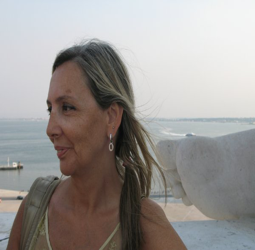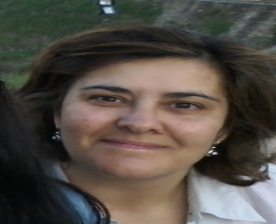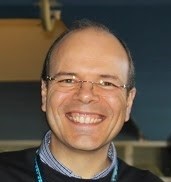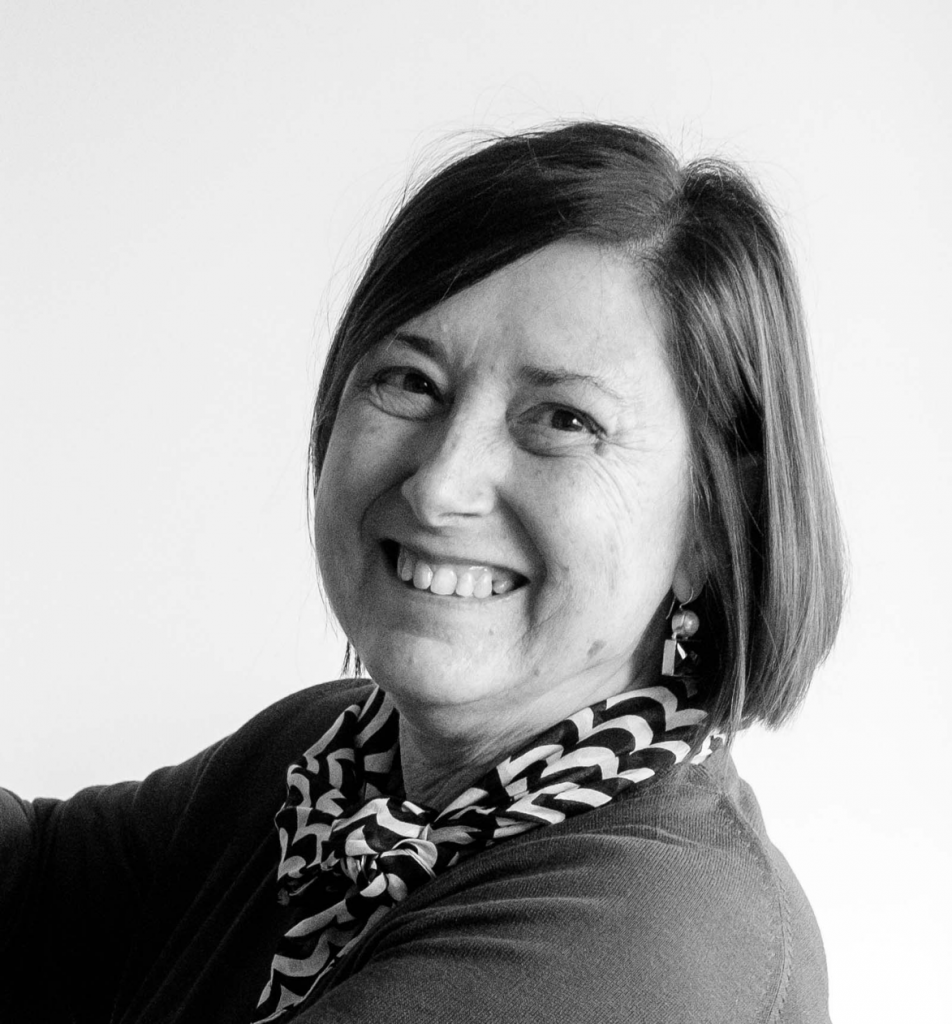NOVA, Project Participants
PAULA URZE, Ph.D.
Department of Applied Social Sciences , NOVA School of Science and Technology, Lisbon, PORTUGAL

Paula Urze holds a PhD in Economic and Organizational Sociology, Lisbon School of Economics and Management, 2005. She is Professor at NOVA School of Science and Technology (FCT NOVA) in which she was head of the Department of Applied Social Sciences from April 2018 to September 2022. Since 2014, she is researcher at CIUHCT – Interuniversity Centre for the History of Science and Technology, and her scientific areas of interest are innovation, science and technology, networks, work and professions. She has led several national projects, including I&D.COM – Local R&D Competencies in Global Value Chains (FCT/MCTES), CoRe – Networked R&D Competencies (BRISA, Innovation and Technology) and has participated in several international projects, one example being InsSciDE – Inventing a Shared Scientific Diplomacy for Europe (H2020). She is author and co-author of various national and international publications, has participated in international networks and has served in scientific societies in the field of sociology of organizations and work. She belongs to the team that was distinguished in 2011 by the Santander Totta/Universidade NOVA de Lisboa Scientific Merit Award dedicated to the area of Social Sciences and Humanities.
Email: pcu@fct.unl.pt
MARIA MARGARIDA ROLIM AUGUSTO LIMA, Ph.D.
Materials Science-Glass and Ceramics, Materials Science Department, FCT-UNL

Formation:
B.Sc. in Physics and Materials Engineering – Specialization in Materials (1989, FCT/UNL); MSc. in Materials Engineering (1994, FCT/UNL); PhD in Materials Science and Engineering – Glass and Ceramic Materials (2003, FCT/UNL).
Main scientific interests:
– Glasses, Glass-ceramics and Glass-ceramic Composites.
– Processing and characterization of glass and ceramics.
– Effect of experimental parameters on the final microstructure, thermal, electrical and optical properties of the composites.
– Sintering behaviour of glasses and of glass-nanoceramic particle composites: Crystallization kinetics by isothermal and non-isothermal methods. Characterization of ceramic materials for dental restoration. Low temperature sinterable glasses and glass/nanoceramic particle composites. Optical microsensors based on rare earth doped phosphate glass.
– Recycling of solid wastes by ceramic and glass technology. Recycling of Scrap of the Electrical and electronic Industries. Ecomaterials. Quality improvement of recycled aggregates from a construction and demolition waste. Effect of phosphogypsum on the clinkerization temperature of Portland cement clincker.
JOÃO PEDRO VEIGA; PhD.
Department of Conservation and Restoration, Nova School of Science and Technology | FCT NOVA, NOVA University of Lisbon, Portugal

Associate Professor (Tenure), Council Member of the Department of Conservation and Restoration, Nova School of Science and Technology | FCT NOVA, NOVA University of Lisbon, Portugal.
Integrated Member of CENIMAT/i3N Research Center where he is Head of the Structural Materials Group and responsible for the XRF-WDS Analytical Laboratory.
Portuguese National Delegate at the European Synchrotron Radiation Facility (ESRF, Grenoble, France).
Elected member of the E-MRS (European Materials Research Society) Scientific Council and Member of the Working Group on Cultural Heritage of E-MRS.
His main research area is crystal chemistry and structural analysis using X-rays of mineralogical, ceramic, vitreous and petreous materials (with emphasis on cultural heritage). Main characterization techniques include X-ray diffraction, X-ray fluorescence and X-ray absorption spectroscopies (XANES and EXAFS using synchrotron radiation).
Author/co-author of more than 60 articles in scientific journals and conference proceedings.
Participant in several National and European projects, currently is the responsible researcher of the RawMatters@Schools4.0 project, related to the dissemination of scientific culture, and the AMIR-LIH project, supporting a master’s degree program in advanced materials innovative recycling, both funded by EIT Raw Materials (European Institute of Innovation and Technology). Until 2021 he was coordinator of the MineHeritage project on European mining heritage supported by the EIT Raw Materials. Until 2019 he was responsible researcher in the H2020 HERACLES project on cultural heritage and climate action.
Co-organizer of 5 Symposia at E-MRS (Spring Meetings 2015, 2016, 2018, 2019 and 2022), International Materials Congress2019, and responsible for CENIMAT/i3N dissemination activities on the European Researchers Night.
Member of the Editorial Board of the Heritage journal (MDPI) and Guest Editor of 5 special issues in materials and characterization techniques applied to cultural heritage (Heritage, Nanomaterials, Coatings and Minerals). Reviewer of several scientific journals and evaluator of national and European projects.
Maria Paula Diogo; PhD.

Maria Paula Diogo is a full Professor of History of Technology and researcher at the Interuniversity Centre of the History of Science and Technology (CIUHCT).
Having pioneered the field of History of Technology in Portugal, her research focuses on the History of Technology and Engineering in Portugal and colonies, on the processes of globalization, knowledge circulation and appropriation, on the concepts of networks, centers and peripheries, and, more recently, on the Anthropocene predicament.
She has published extensively, led more than 20 national and international projects, organized numerous meetings and has actively participated in the national and international community of historians of technology.
In 2020 she was awarded the Leonardo da Vinci Medal, the highest recognition from the Society for the History of Technology, in 2021 she was part of the “women in science” list and in 2022 she was Kranzberg Lecturer, the highest distinction from ICOHTEC.
Email: mpd@fct.unl.pt
João Borges
Associate Professor w/ Habilitation and Head of the Materials Science Department at the School of Science and Technology

João Borges is Associate Professor w/ Habilitation and Head of the Materials Science Department at the School of Science and Technology of the New University of Lisbon and Vice-director of the Materials Research Centre/Institute of Nanostructures, Nanomodeling and Nanofabrication – CENIMAT/i3N. He is the Coordinator of the Biomaterials Lab at CENIMAT|i3N (https://sites.fct.unl.pt/biomat/). He is Editor of the journals: “International Journal of Chemoinformatics and Chemical Engineering”, “Annals of Materials Science & Engineering”, “Annals of Organic and Inorganic Chemistry” and “Biofunctional Materials”. Associate Editor of the journal “Frontiers in Biomaterials Science”. His current research interests include different functional materials, from nanoparticles and hybrids to nanocomposites, for application in Tissue Engineering and Cancer Theranostics (w/ magnetic nanoparticles).

